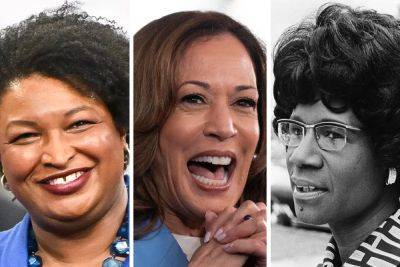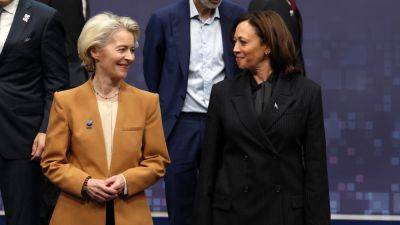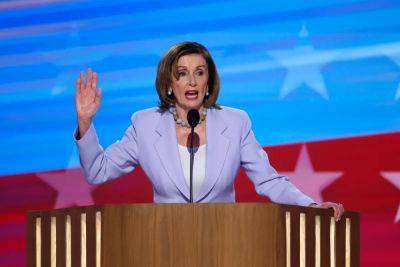What Across-the-Board Tariffs Could Mean for the Global Economy
Former President Donald J. Trump blames the global trading system for inflicting a long list of ills on the American economy including lost jobs, closed foreign markets and an overvalued dollar.
The remedy, he insists, is simple: tariffs. Mr. Trump, the Republican nominee for president, has repeatedly said he would raise tariffs if elected. China, a geopolitical and economic rival, would face an additional 50 or 60 percent tariff on its exports to the United States. He has also floated the idea of a 10 to 20 percent surcharge on exports from the rest of the world.
Although smaller than the percentage proposed for Chinese exports, an across-the-board tariff has the potential to deliver a much more devastating jolt to world trade, many economists warn.
Such a surcharge would not distinguish between rivals and allies, critical necessities and nonessentials, ailing industries and superstars, or countries adhering to trade treaties and those violating them. (Democrats have also embraced tariffs as a policy tool, but Vice President Kamala Harris, the Democratic presidential nominee, has criticized Mr. Trump’s universal approach as inflationary.)
Here is what you need to know about the idea of a universal tariff on all imports.
Mr. Trump’s broad-brush tariffs frequently evoke comparisons with the destructive global trade war that the United States helped to initiate in the 1930s with the Smoot-Hawley tariffs passed by Congress. The Senate Historical Office has called that law “among the most catastrophic acts in congressional history.”







